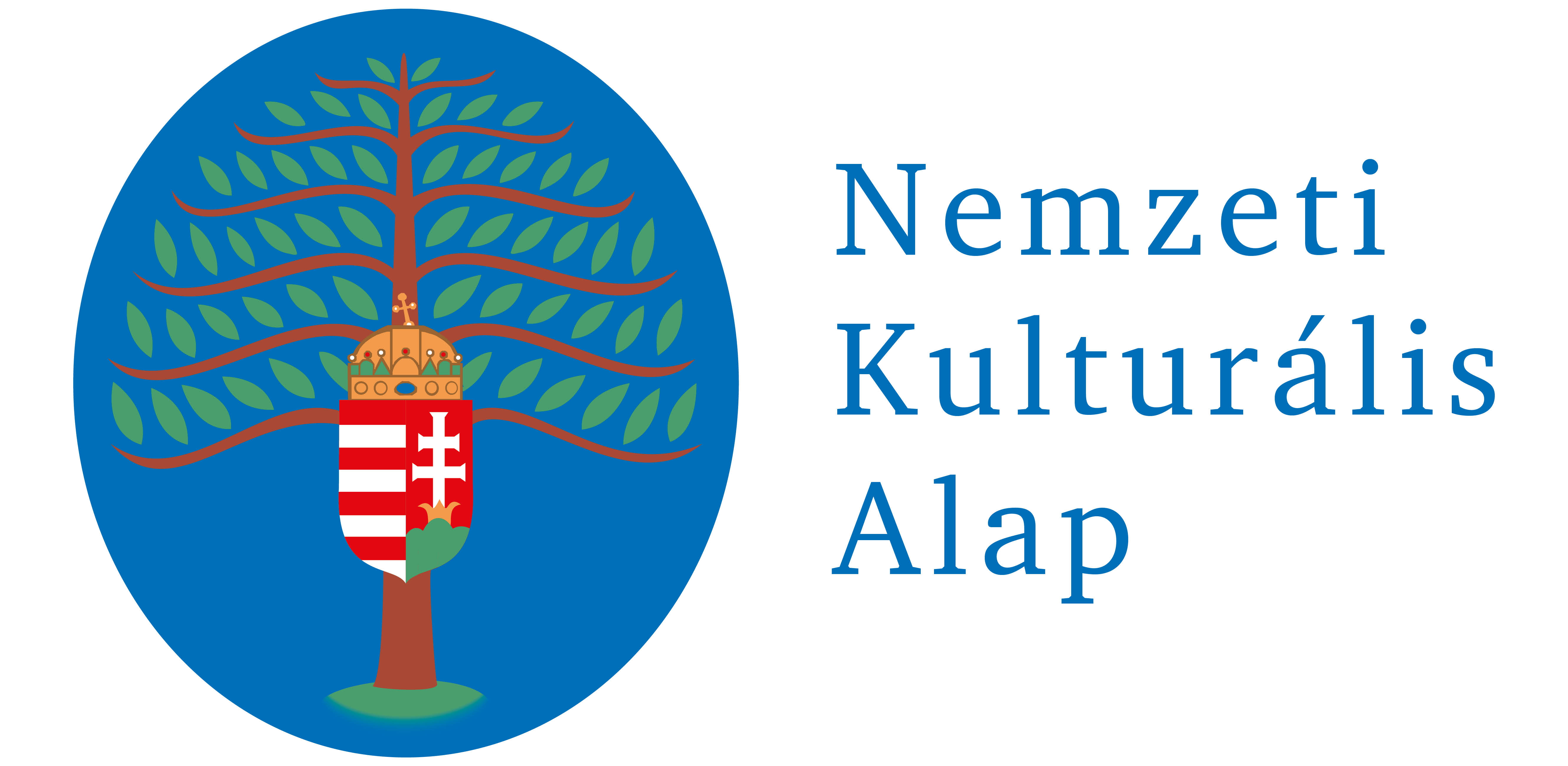Naptár
2024. április 15–19.
2024. április 20.
Eötvös József Kárpát-medencei középiskolai szónokverseny
2024. április 24. – május 3.
Tovább...
1. 2013.
Abstracts in English
Studies
Parapatics, Andrea
Student attitudes and expectations of sleng on first-langauage classes
This study presents the opinion of high school students about what reactions they consider as acceptable from their teachers concerning the use of slang. Twenty student respondents per region from ninth and twelfth grade (320 persons in total) have participated in the survey. Almost half of them expect standard language use from their teachers, i.e., the clear rejection of slang; one quarter of them, mainly students with more conscious first-language knowledge and in their final year at high school, impose conditions on the acceptability of slang; for instance, the expression used should not be offensive, it should not be related to the teaching material, and students should be able to “translate” it into vernacular. The smallest group of respondents claims that teachers should accept the use of slang under all conditions. The study also points at the disadvantages of the acceptance of slang: if a teacher accepts the use of slang, it may decrease students’ respect towards him and he may easily become affected, ridiculous, and familiar.
Németh, Mátyás
Teacher talk and personality
It is essential that a firstlanguage teacher has appropriate language behaviour. The effectiveness of teacher talk depends not only on communicative factors but also on the teacher’s personality. The aim of this study is to investigate the personality psychological background of these factors. Is the teacher’s talk related to his/her personality? The hypothesis of this research says that the features of teacher talk have an influence on the opinions that students form about their teacher in general. This study investigates the transcript of trainee teachers from two points of view, i.e., from the perspectives of production and of perception. The relations between the features of teacher talk and of students’ judgments are statistically analyzed. Results show some connections between certain features of talk and judgments formed about personality. These findings make first-language teachers aware of the potential effects of their communication.
Workshop
Petres Csizmadia, Gabriella
Experiential text comprehension, text interpretation, and text production
This study introduces methodological-pedagogical program which offers an alternative method for genre teaching, based on the interactive development of text comprehension and production skills. The program also aims to facilitate self-construction processes and self-comprehension of students. In order to do so, it overwrites the present day’s teaching canon of Hungarian as afirst language in Slovakia. It investigates self-biographical text types with the help of text- and recipient-centred reading strategies. With the interpretation of these self-biographical texts, students can experience the complexity of thinking about subject, the heterogeneous mapping of personality, and the difficulties of talking about self. The methods of creative writing and drama pedagogy lead students to text production exercises the final purpose of which is to experience casual writing style.
Heltai, János Imre
The project-based framing of sociolinguistic view in secondary school
The study discusses the possibilities of representing sociolinguistic content in secondary school. It argues that the sociolinguistic view and the further expansion of other related knowledge plays an outstanding role in developing social sensitivity and a positive firstlanguage approach. It argues for embedding the representation of multilingualism, underprivileged linguistic situation, or the diversity of language use into a complex linguistic-sociological reality. It investigates the possibilities of applying new work forms, project-based teaching and modern digital techniques for this topic. For this purpose it makes use of the experience of a project carried out in Németh László secondary school.














